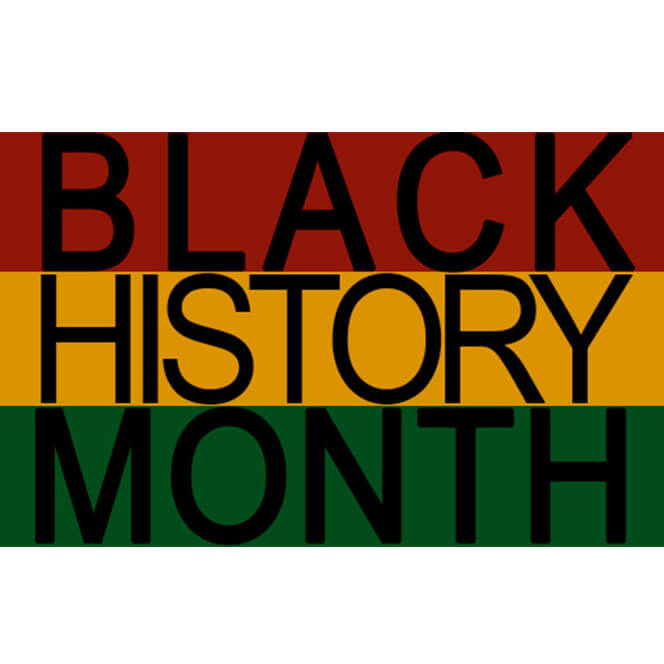In 1970, CLR James, the Caribbean-born British historian and philosopher, was interviewed by the journal Black Scholar. James is perhaps most well-known for the publication of Black Jacobins, his account of the Haitian Revolution, and Beyond a Boundary, part autobiography, part a cultural and social history of cricket. Over the course of a wide-ranging interview, James was asked his views on Black Studies. A number of African American and Black Studies departments had been set up in the United States in the aftermath of the civil rights struggles and were part of the process of beginning to desegregate historically white institutions. James himself had just been appointed to the newly established Federal City College in Washington which had been set up to serve under-represented populations within higher education. It was a public institution with low tuition fees and was seen by many as a beacon for the possibilities of democratic education (Roberts 1969).
In responding to the questions about the significance and future of Black Studies in the United States, James argued that Black Studies ought not to be of concern only to Black people, but rather, should mean ‘the intervention of a neglected area of studies that are essential to the understanding of ancient and modern society’ (1970: 42). He went to say that it required ‘a complete reorganization of the intellectual life and the historical outlook of the United States, and world civilization as a whole’ (1970: 43). Further, he urged US universities not to think of Black Studies as simply a concession to the demands of Black students, but as an opening for their own intellectual development and understanding: ‘here is an opportunity to extend the field of intellectual inquiry which they have neglected up to now, a chance to penetrate more into the fundamentals of Western civilization, which cannot be understood unless black studies is involved’ (1970: 43).
So, in effect, James is not arguing for Black Studies as something apart from other disciplines, but rather calling for the knowledge that comes under Black Studies to be understood as constitutive of those disciplines; and that if those disciplines do not take this knowledge into account then they are deficient in their claims.
Sociology’s orientation to history has generally been based around an implicit consensus on the emergence of modernity and the related ‘rise of the West’ thesis, which is constructed upon the privileging of Eurocentred histories. In recent years, however, and as a consequence of work that would broadly come under the remit of Black Studies, it is generally accepted that the historical record is different to that found within standard sociological understandings. While accounts of political modernity, for example, tend to focus on the US and French revolutions, it is becoming harder to ignore the significance of the Haitian Revolution – knowledge of which James himself did so much to bring into a wider public consciousness. As a consequence, it is also more difficult not to re-evaluate our understandings of the US and French revolutions in the light of the Haitian revolution and to reconsider their contributions to political modernity.
By taking into consideration accounts of events, processes, and thinkers beyond the West, sociology has begun to redress its previous neglect of those represented as ‘other’. Despite such developments, however, more work is needed to investigate how taking into account the world-historical processes of dispossession, appropriation, elimination, and enslavement would further transform our disciplinary understandings. In addition to the significant work of recovery, what is needed is also to learn from what had previously been missing or erased.
Black History Month can be taken as an opportunity to redress the silences and omissions within our general curriculum by focusing on neglected figures, events, and processes, and then to use the knowledge gained to transform our existing ideas and conceptualizations. In the process, there is everything to gain. Just as feminists argued against the patriarchal structures of the university and, in doing so, invigorated the many disciplines with which they engaged, so too Black History month speaks to the need to decolonize the university for a similar reinvigoration. What is at stake is the very contribution that universities, and sociology, can make to the most pressing democratic issues of our time.
References
James, CLR 1970. ‘The Black Scholar Interviews: C.L.R. James,’ The Black Scholar, 2 (1): 35-43
Roberts, Wallace 1969. ‘Federal City: Prospects for the Common College,’ Change: The Magazine of Higher Learning, 1 (6): 44-51

